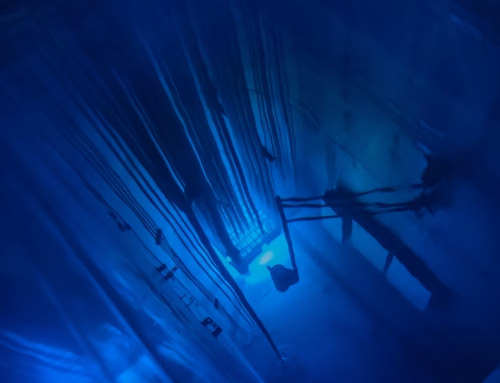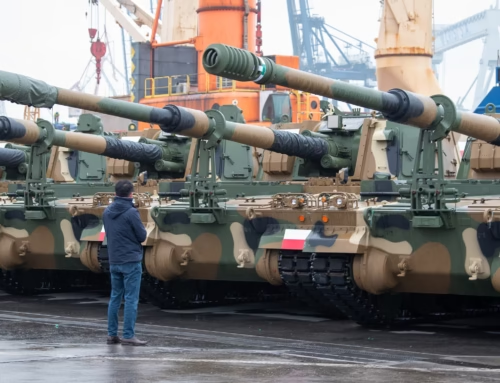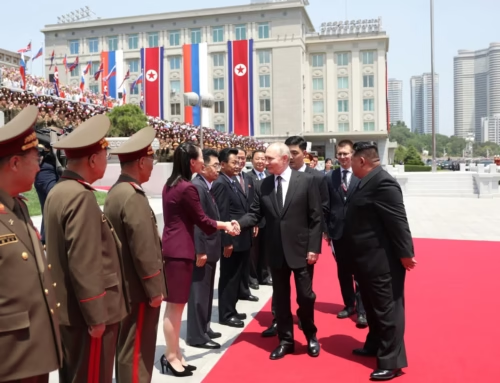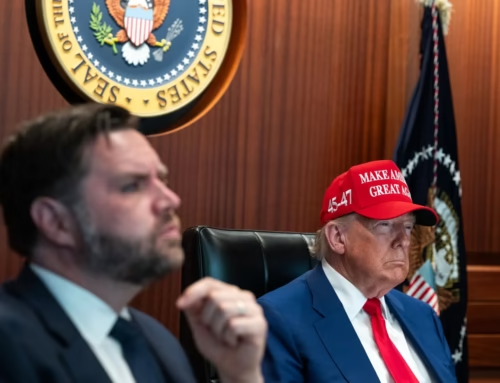3SI
Autor foto: CPF

Special Paper: 10 Years Of The Three Seas Initiative. What’s Next?
October 21, 2024
Author: Antonia-Laura Pup




3SI
Autor foto: CPF
Special Paper: 10 Years Of The Three Seas Initiative. What’s Next?
Author: Antonia-Laura Pup
Published: October 21, 2024
Pulaski Policy Papers no. 10, 21st October 2024
2025 – the year in which we mark a decade since the establishment of the Three Seas Initiative. This policy paper looks at the status of the priority projects in the field of energy, one of the 3 strategic pillars of the Initiative, and proposes ways forward for strengthening this political format of the CEE region.
The Three Seas Initiative (3SI), an informal political format launched in 2015 at the initiative of the Polish and Croatian presidents, aims to boost connectivity in the Central and Eastern European (CEE) region. It includes 13 states, all members of the European Union, focusing on three pillars: energy, digitalization, and transport. Over the last decade, the initiative has expanded to include Greece and extended the invitation to Ukraine and Republic of Moldova for joining the format as associate members. The strategic partners of the initiative, U.S., the E.U., Germany and Japan bring added value by supporting investments in the priority projects for enhancing connectivity in those 3 aforementioned areas. The Initiative fostered engagement from the private sector through dedicated business summits, and the establishment of a Three Seas Investment Fund (3SIIF). Other formats within 3SI include forums for the civil society and parliamentary networks.
Since the first high-level summit, energy has been a priority for the Initiative. Out of the 143 total priority projects submitted under the 3SI framework, 59 have an energy focus, six of which have been completed. The completed projects include significant LNG terminals and infrastructure projects in Estonia, Croatia, and Poland. Another six projects have seen considerable progress, such as the BRUA (Bulgaria-Romania-Hungary-Austria) gas corridor and the Baltic Pipe.
The strength of the 3SI includes its flexible format, the dynamic 3SIIF, led by market principles, and growing partnerships. However, weaknesses persist, particularly when it comes to institutional coherence, funding, and the differing foreign policies of some member states towards Russia. Although the initiative is committed to reducing dependence on Russian gas, countries like Austria and Hungary still maintain significant energy ties with Russia, which threatens regional unity.
The paper outlines three possible scenarios for 3SI’s future: a positive outlook (3SI succeeds in achieving closer cooperation, a 3SI council of ministers is proposed for regular sectoral coordination), transatlantic disengagement (with potential American disengagement from the Europe, 3SI will become more dependent on its EU partners, which will affect policy autonomy in the CEE region), and a pessimistic outlook in which 3SI loses relevance altogether, without a unique institutional identity. For mitigating this risk, the recommendations of the paper emphasize enhancing government cooperation, strengthening parliamentary diplomacy, fostering connectivity with Ukraine and the Republic of Moldova, attracting new partners in the Indo-Pacific region, and creating a 3SI Accelerator for Start-ups, that will drive innovation.
Author: Antonia-Laura Pup, Finalist of the Empowering Young Women Experts in Regional Security and Foreign Policy Fellowship
Antonia-Laura Pup is a Romanian Fulbright Student in the field of Security Studies at Walsh School of Foreign Service, Georgetown University, working as a teaching assistant at the Department for science, technology and international affairs (STIA). She is also completing her studies with a master’s degree in International Security at Sciences Po, where she is researching China’s geoeconomic influence in the Black Sea region. Antonia-Laura has been the policy advisor of the President of the Defense Committee in the Romanian Chamber of Deputies.


Views and opinions expressed are however those of the author only and do not necessarily reflect those of the European Union or the European Education and Culture Executive Agency. Neither the European Union nor the granting authority can be held responsible for them.





